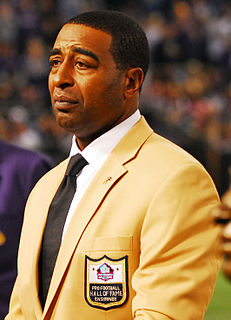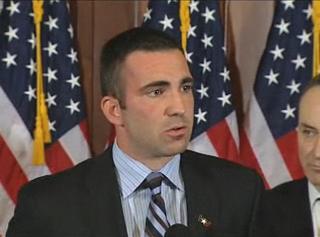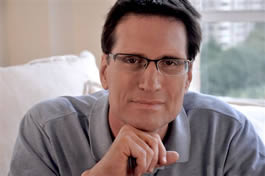A Quote by Jesse Ventura
Post-traumatic stress, that's why the soldiers need marijuana, is for their mental health. It makes them feel better so that they don't have the horrors of war in their mind all the time. And the government won't allow them to have it, because it's illegal - federally. It's absurd.
Related Quotes
Marijuana makes the best bio-diesel fuel on the planet, so it can make you energy. It grows 15 feet a summer, so it's a renewable resource. It makes better paper than wood does. It makes clothing. Medical-wise, it's stopping seizures, it's working for post-traumatic stress, they're even finding that it's curing cancer in certain cases. I mean, this is a remarkable plant. Now, for those that smoke it recreationally, to feel good, what's wrong with that? That's mental health.
Here, we have a country that is making its veterans, people who are struggling with post-traumatic stress, people who are struggling with depression, who often they're only hope is their access to marijuana to treat these illnesses, and here we are criminalizing them for doing what's necessary to stabilize their lives as a result of their service. This is not who we are as a country. We are better than this.
Many of the soldiers suffer from post-traumatic stress disorder, and have not been supported by the government when they've requested psychological help. Of course, the prisoners continue to suffer physically and psychologically. Much needs to be done - torture has a negative impact on everyone it touches, including us, Americans, as a nation.
I think the American people recognize is after a decade of war it's time to do some nation building here at home. And what we can now do is free up some resources, to, for example, put Americans back to work, especially our veterans, rebuilding our roads, our bridges, our schools, making sure that, you know, our veterans are getting the care that they need when it comes to post-traumatic stress disorder and traumatic brain injury, making sure that the certifications that they need for good jobs of the future are in place.
People realize that we're very good at sending people to war, but we're not good at taking care of them. And people are coming back from war now; years ago, they would have been killed, now they're wounded; and they're coming back alive and with post-traumatic stress. So, I think Americans are sensible enough to know we've got to figure out a way to take care of them.
There`s three sort of fundamental things that happen when someone`s suffering from these issues [post-traumatic stress disorder ]. First, they get intrusive thoughts.The second issue is you become startled quickly.And the third key point is it`s avoidance.Those are the three sort of pillar fundamentals of what we consider post-traumatic stress, not violence against someone who`s close to you. There`s just a huge misunderstanding.

































